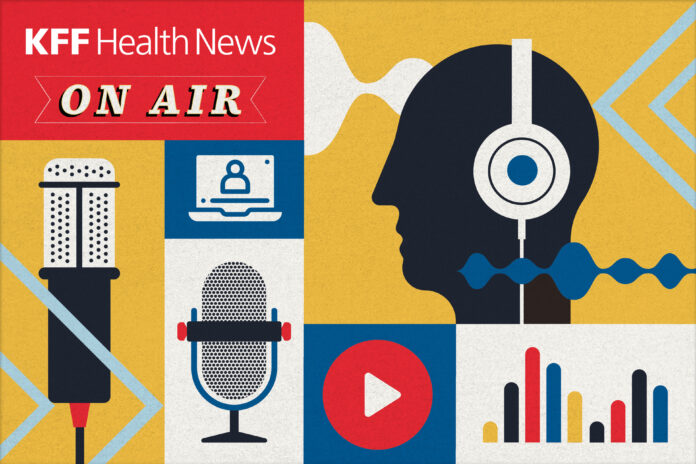Young adult survivors of cancer aged 18 to 39 faced elevated social risks compared with their peers who did not have cancer histories and survivors from older age cohorts, according to a study presented at the 18th AACR Conference on the Science of Cancer Health Disparities, held September 18–21, 2025.
“There are now more than 18 million cancer survivors in the United States, many living a decade or more after diagnosis. While survivorship is a success story, a cancer diagnosis can heighten vulnerability to social risks such as food, housing, and transportation insecurity,” said study presenter Ami E. Sedani, PhD, MPH, assistant professor of epidemiology at UTHealth Houston School of Public Health in Dallas.
Sedani was interested in how cancer survivors experience social risks: insecurity related to food, housing, utilities, employment, and transportation; difficulty affording health care; and psychosocial challenges, including life dissatisfaction, lack of social/emotional support, and social isolation. “To advance equal access to health care, we must systematically measure these social drivers of health,” she said.
The study investigated social risks in survivors of cancer from different age groups, which were then compared with the social risks from the general population of those not diagnosed with cancer.
Using data from the Behavioral Risk Factor Surveillance System (BRFSS) for years 2022–2023, Sedani and her colleagues studied social risk factors in 472,531 U.S. adults who either did (8.7%) or did not have a self-reported cancer diagnosis and stratified them into three age cohorts: 18–39, 40–64, and 65 and older. For young adults, they also analyzed racial and ethnic background, sex, and whether participants in the BRFSS lived in a state with Medicaid expansion.
Sedani and colleagues found that social risk for cancer survivors impacted young adult cancer survivors the most. “Because surviving cancer involves many stressors, one might expect that all cancer survivors, regardless of age, could experience greater social risks than people without cancer histories.
“Instead, we found that elevated social risks for cancer survivors clustered around young adults but disappeared in middle age. In fact, for the oldest age cohort, people without a cancer history were slightly more likely to experience social risks than cancer survivors in the same age group,” Sedani said.
Among those aged 18 to 39, cancer survivors experienced social risks more frequently than those without a cancer history. Compared to their apparently healthy peers, young adult survivors reported prevalence of housing insecurity 9.4 percentage points higher and prevalence of food insecurity 7.2 percentage points higher. Sedani noted that young adult cancer survivors who belonged to racial and ethnic minority groups had the highest prevalence of each social risk factor when compared with their non-Hispanic white peers.
This age-associated distribution of social risks, according to Sedani, reflects broader gaps for younger adults in social safety nets across U.S. states. “Challenges such as financial strain from housing and childcare costs, precarious employment, limited health insurance, and difficulty navigating complex health care systems may contribute to these disparities,” she said, noting that Medicaid expansion status may play a role.
Sedani pointed to the finding that young adult survivors in states without Medicaid expansion faced higher levels of food, housing, and utility insecurity relative to the general population.
“The results highlight the importance of considering age when examining survivorship disparities and point to the potential value of policies and programs that strengthen social and economic support for young adult cancer survivors to promote more equitable health outcomes,” said Sedani.
The study’s limitations include the limited scope of data available in the BRFSS, which relies on self-report and does not capture all relevant context with consistency; additionally, populations that may experience highest social risk, like unhoused or institutionalized adults, are excluded from BRFSS data. The study data is limited to 2022–2023 and the U.S. population.
American Association for Cancer Research
Citation:
Young adult cancer survivors may face elevated social risks (2025, September 19)
retrieved 20 September 2025
from https://medicalxpress.com/news/2025-09-young-adult-cancer-survivors-elevated.html
This document is subject to copyright. Apart from any fair dealing for the purpose of private study or research, no
part may be reproduced without the written permission. The content is provided for information purposes only.



